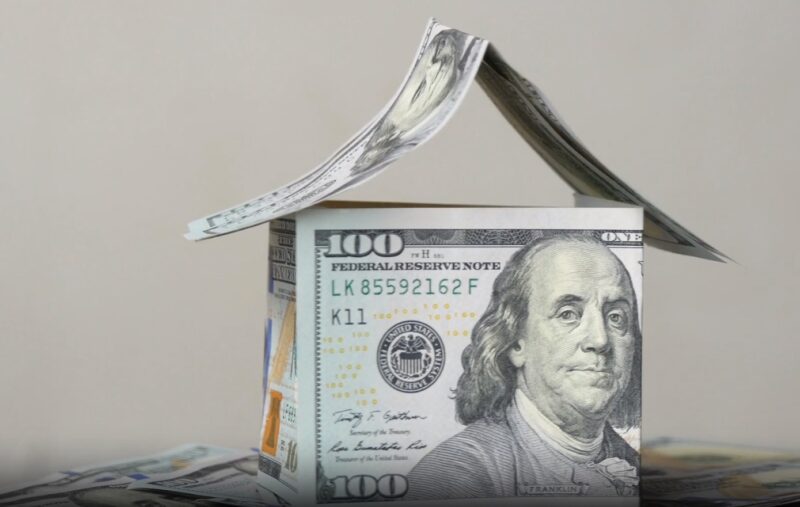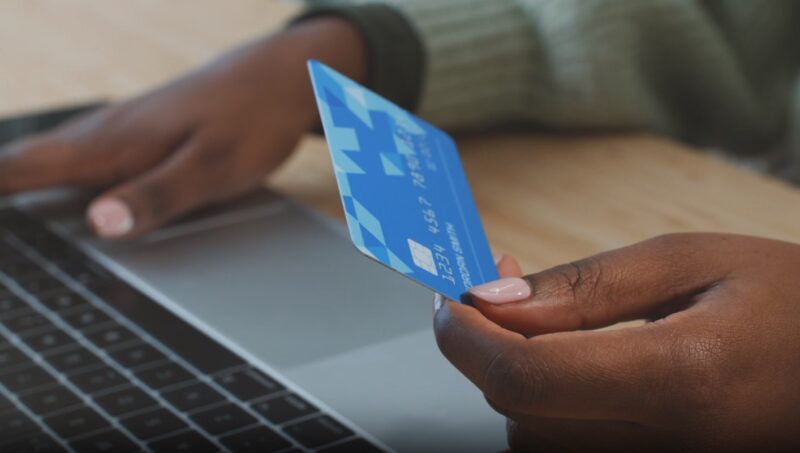Escrow accounts provide a significant benefit by simplifying budget management for homeowners. By dividing the annual cost of taxes and insurance into manageable monthly payments, the escrow system helps homeowners avoid the burden of large, lump-sum payments.
For lenders, escrow accounts minimize the risk of unpaid taxes or lapsed insurance policies, which could jeopardize the property. Additionally, since property taxes and insurance costs can fluctuate, escrow accounts are reviewed annually and adjusted if necessary, ensuring that homeowners are not underpaying or overpaying.
Is It Possible to Remove It?

To successfully remove an escrow account, homeowners must typically demonstrate a track record of financial responsibility. This means consistently making mortgage payments on time and ensuring that there are no outstanding dues for taxes or insurance. Lenders usually set specific criteria for this process, which might include a minimum period of on-time mortgage payments, usually one to two years, and a favorable loan-to-value ratio.
Additionally, the homeowner must not have any late fees or penalties associated with their mortgage. Meeting these criteria indicates to the lender that the homeowner is capable of managing their financial obligations without the safety net of an escrow account.
More About the Process
The process for removing an escrow account generally begins with a formal request to your mortgage servicer. This request often involves filling out a form or submitting a written application. The servicer will then review your mortgage history, including payment consistency and loan-to-value ratio, to determine if you meet the necessary criteria. If approved, the servicer will provide a timeline and further instructions for the process.
It’s important to note that while removing an escrow account can offer more direct control over your finances, it also places the responsibility of timely tax and insurance payments squarely on your shoulders. This shift requires careful budgeting and planning to avoid potential pitfalls.
Pros and Cons of Removing Escrow

Lower Monthly Payments
One of the most attractive benefits of removing an escrow account is the potential reduction in your monthly mortgage payment. This decrease occurs because you’re no longer contributing to the fund for taxes and insurance each month. For homeowners who are adept at budgeting and saving, this can free up cash flow for other investments or expenses.
However, it’s crucial to remember that while your monthly payment may decrease, you are still responsible for the lump sum payments of property taxes and insurance when they become due. Effective financial management is essential to ensure that these large payments can be met without strain.
Potential Risks
Removing an escrow account transfers the responsibility of paying property taxes and insurance premiums from the lender to you. This means you need to be diligent in setting aside funds throughout the year to cover these costs. Failure to pay property taxes can lead to legal issues, including liens on your property, while failing to pay insurance premiums can leave you vulnerable in case of damage to your home.
On the other hand, having one may provide you with the ability to use the escrow shortage. Moreover, missing these payments can negatively impact your credit score. Therefore, while removing an escrow account offers more control over your finances, it also requires a higher degree of financial discipline and planning.
Impact on Mortgage Payments

If you choose to remove your escrow account and subsequently fail to make property tax or insurance payments, the repercussions can be significant. Late or missed payments can lead to penalties or interest charges. Moreover, if taxes remain unpaid, your local government could place a lien on your property, which can complicate future sales or refinancing.
In the case of insurance, if your policy lapses and your property suffers damage, the financial burden of repairs would fall entirely on you. Additionally, lenders may step in and re-establish an escrow account or purchase force-placed insurance at a potentially higher cost, which would be added to your mortgage payments.
Eligibility for Escrow Removal
Eligibility for escrow removal is not just about a consistent payment history. Lenders also consider factors like your loan-to-value (LTV) ratio, which compares the amount of your mortgage to the value of your property. A lower LTV ratio indicates more equity in your home, which reduces the lender’s risk and may make them more amenable to removing the escrow account.
Other factors can include the type of loan, the terms of your mortgage agreement, and even the policies of the lending institution. It’s important to have a comprehensive understanding of these factors and how they apply to your specific situation before pursuing escrow removal.
Processing Time

The time frame for removing or adding an escrow account can vary depending on your lender and the complexity of your mortgage situation. Typically, it can take over a month to process such requests. During this time, your loan servicer will review your mortgage account, assess your payment history, and evaluate your financial stability.
It’s important to remain patient and maintain open communication with your servicer throughout this process. Keep in mind that any changes to your mortgage, including the removal of an escrow account, need to be handled with care and due diligence to ensure your financial stability and compliance with mortgage terms.
Types of Loans and Escrow Requirements

FHA Loans
For FHA loans, the requirement of an escrow account is more than a mere formality; it’s a critical component of the loan structure. These loans, backed by the Federal Housing Administration, typically cater to first-time homebuyers or those with lower credit scores.
The escrow requirement mitigates the risk associated with borrowers who might be more prone to financial instability. It ensures that essential payments like property taxes and homeowner’s insurance are made in a timely manner, protecting both the lender’s and the homeowner’s interests.
VA-Guaranteed
While Veterans Affairs (VA) loans offer the possibility of not requiring an escrow account, in practice, most lenders still choose to implement them. This is primarily due to the lender’s desire to secure their investment.
VA loans are known for their favorable terms for veterans, including no down payment and no private mortgage insurance. However, lenders often view the escrow account as a necessary tool to ensure that the property remains insured and tax-compliant, safeguarding both the borrower’s and the lender’s interests.
Conventional
Conventional loans, which are not backed by a government entity, also often require escrow accounts, especially when the down payment is less than 20%. This requirement is a risk management tool for lenders. A smaller down payment means less equity in the home, increasing the lender’s risk. By mandating an escrow account, lenders ensure that property taxes and insurance are paid.
This is crucial because unpaid taxes can lead to liens, and lack of insurance coverage could be catastrophic in the event of damage to the property. Thus, escrow accounts serve as a protective measure, aligning the interests of both the homeowner and the lender.
FAQs
Is it better to not have an escrow account?
It depends on your personal preference and financial situation. Some people may find it more convenient and secure to have an escrow account, while others may prefer to manage their own payments for property taxes and insurance.
Why cancel escrow?
Some reasons to cancel escrow are: to lower your monthly mortgage payment, to earn interest on the money you would have paid into escrow, or to have more control over when you pay your bills.
Can I withdraw money from escrow account?
No, you cannot withdraw money from escrow accounts. The money in escrow accounts is used to pay your property taxes, insurance premiums, and other fees on your behalf. If you cancel escrow, you will receive any remaining balance in your escrow account after all payments are made.
How much is the escrow waiver fee in Texas?
The escrow waiver fee in Texas varies depending on the lender and the type of loan. Some lenders may charge a fee of up to 0.25% of the loan amount to waive escrow. Others may not charge a fee at all, but may require a higher interest rate or a larger down payment.
Summary
Removing an escrow account from your mortgage is a significant financial decision that requires careful consideration of your financial habits, planning abilities, and the specifics of your mortgage. While it can offer benefits like lower monthly payments and increased control over your finances, it also comes with the responsibility of managing and timely paying large, periodic expenses like property taxes and insurance premiums.
